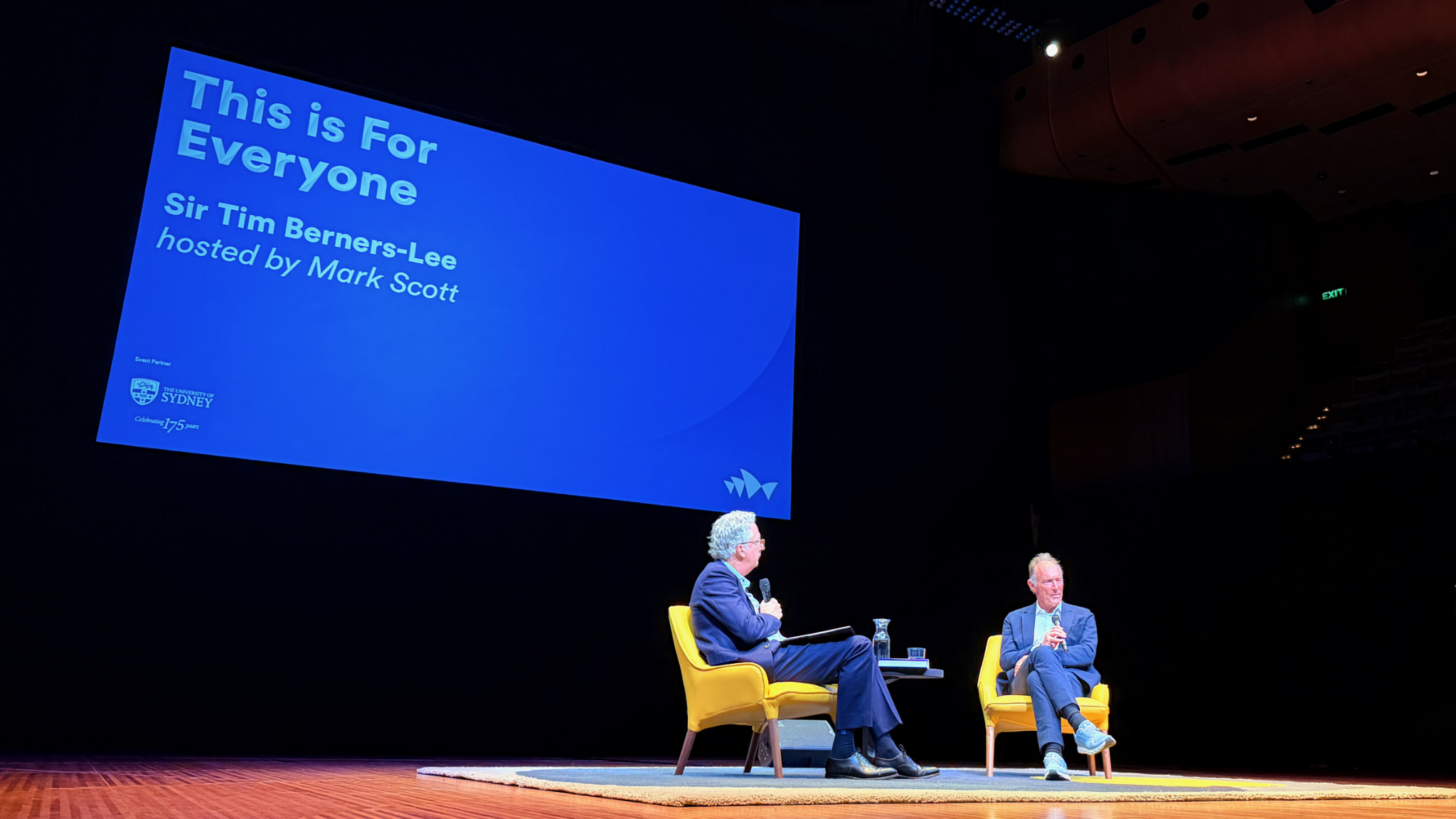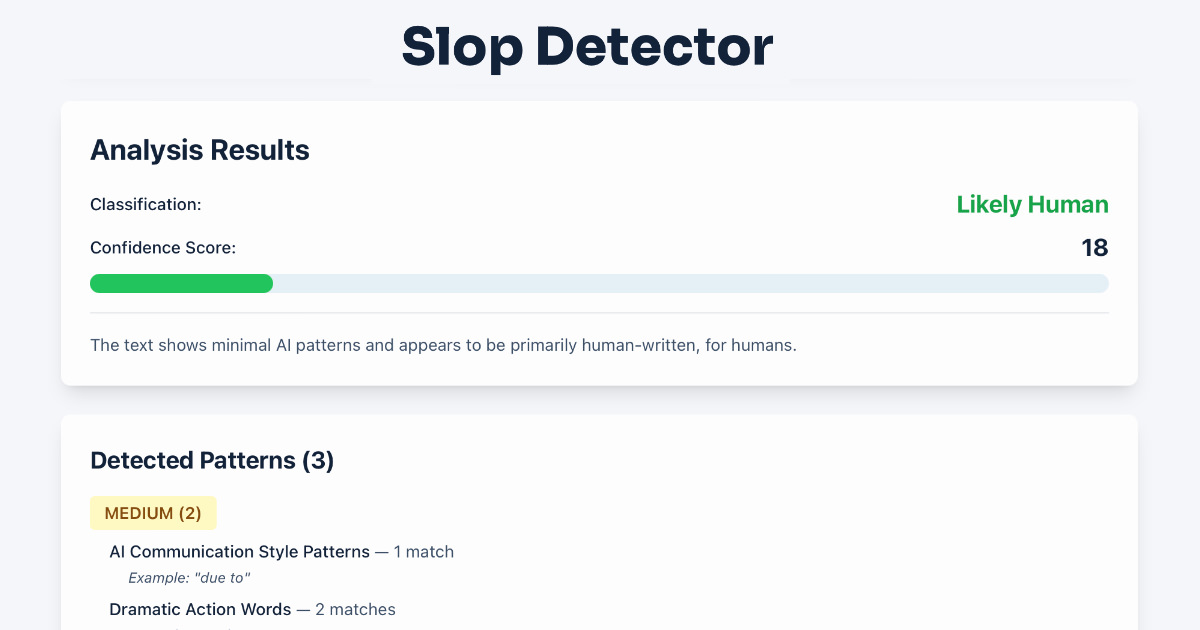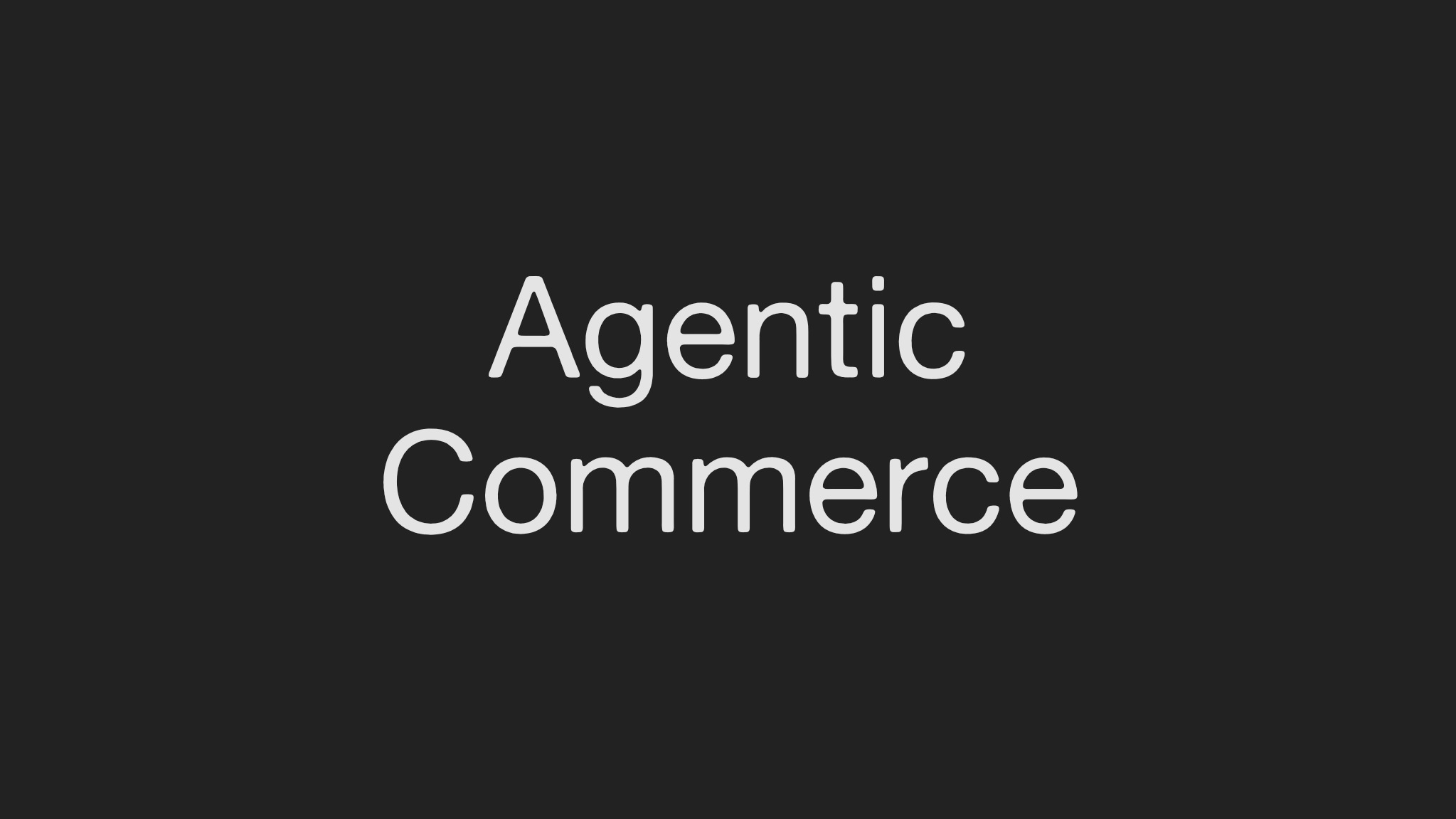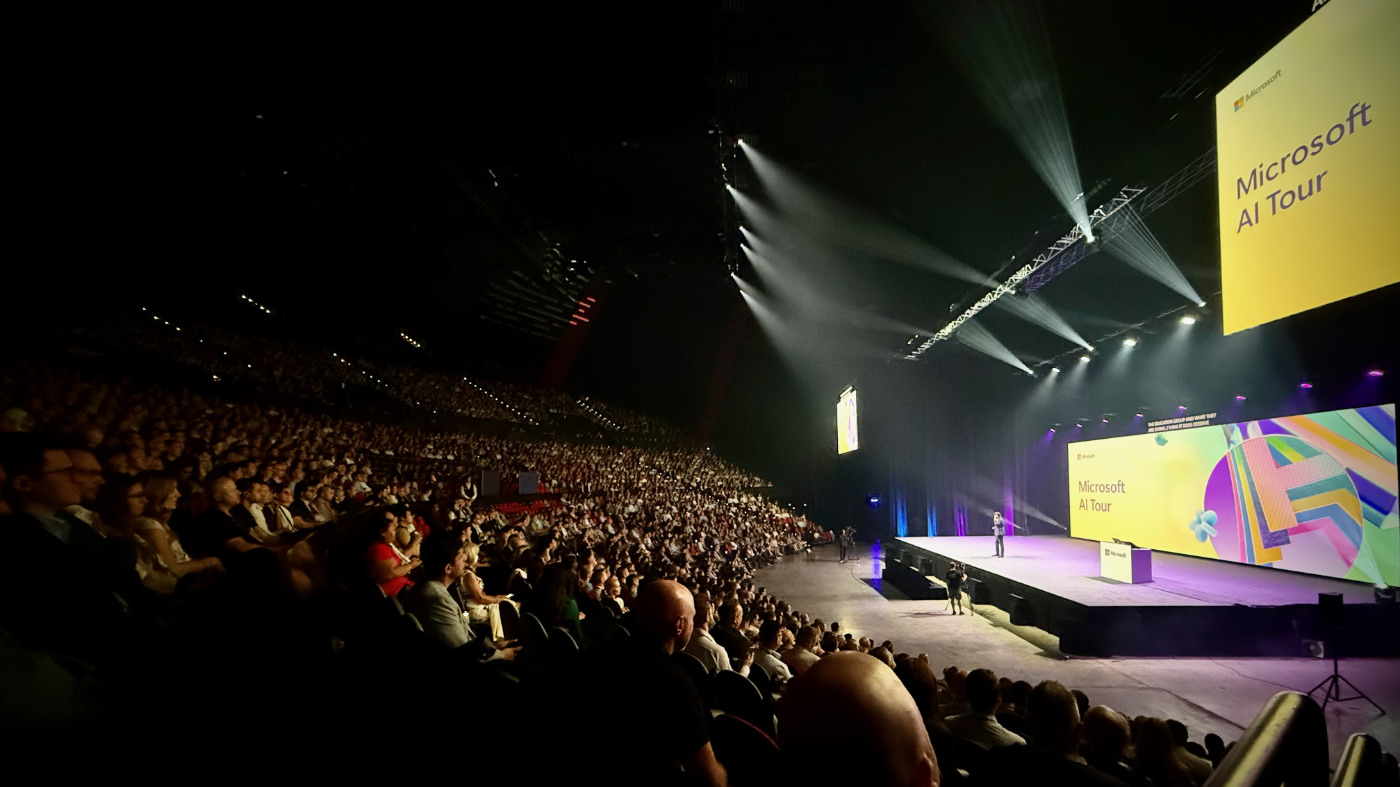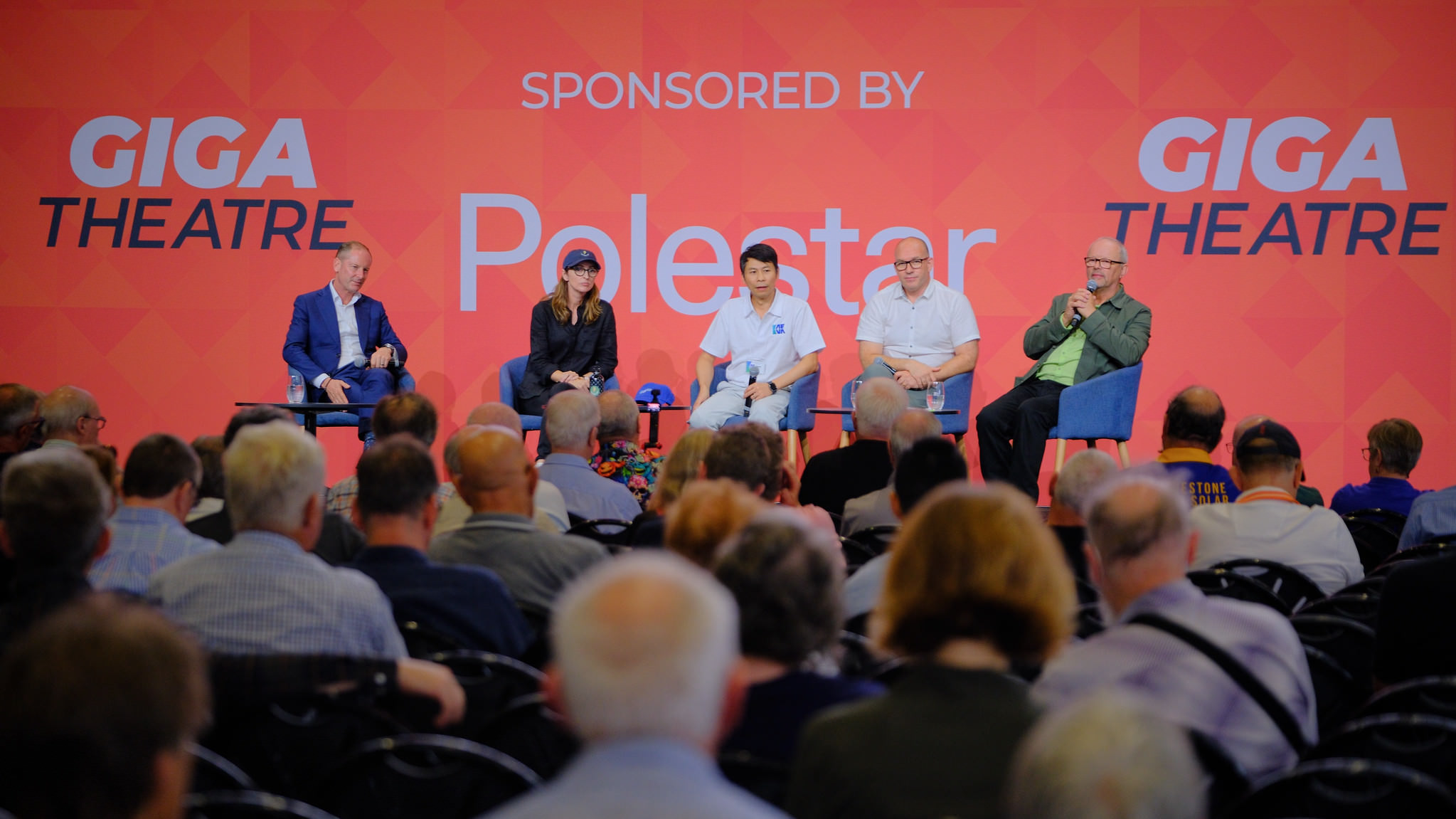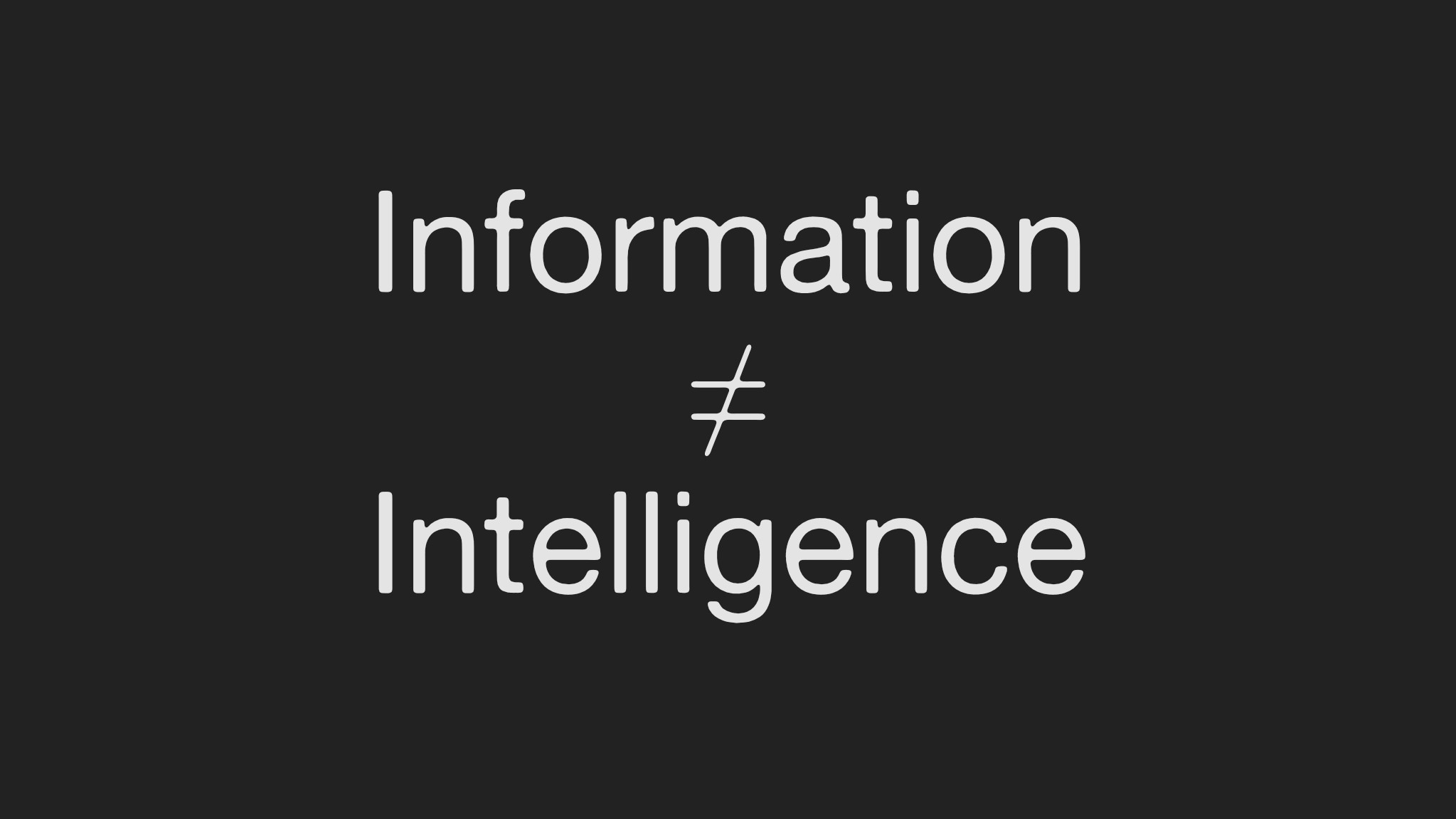Main Themes of the day
- AI Transformation: The pervasive impact of AI across industries, revolutionizing customer experiences, employee workflows, business processes, and innovation.
- Copilot & Agents: The rise of AI-powered assistants like Microsoft Copilot and the potential of AI agents to automate complex tasks and achieve goals autonomously.
- Secure & Compliant AI: Emphasizing the importance of building trustworthy AI solutions with robust security, privacy, and responsible AI principles.
- Azure AI Platform: Positioning Microsoft Azure as the comprehensive platform for developing, deploying, and scaling AI applications.
Key Takeaways
AI for Developers
GitHub Models: A platform allowing developers to easily experiment with various AI models, including OpenAI, Mistral, Llama, and Cohere.
Model Customization: Techniques like Retrieval Augmented Generation (RAG) and fine-tuning enable enterprises to tailor AI models for specific needs, maximizing value.
GitHub Copilot: An AI-powered coding assistant that:
- Increases developer productivity: Duolingo reported a 25% increase in developer speed.
- Provides a redefined developer experience: Features like multi-file editing, multi-model selection, and code review.
Simplifies Azure usage: GitHub Copilot for Azure makes working with the platform easier than ever.
Azure AI Application Templates: Offer a quick start for AI development, providing application code and infrastructure as code files.
Building Intelligent Applications
- Intelligence as the new baseline: AI is becoming integral to all modern applications.
- Generative AI: Enabling the creation of entirely new applications and reinventing existing ones.
- GitHub Copilot at Microsoft: Increased developer productivity equivalent to adding 3000 developers.
- Impact of AI across industries: Showcase of real-world examples from Manulife, Volvo, KPMG, HRBlock, ASOS, Carmax, Telstra, and TomTom demonstrating the value and opportunity of AI in intelligent applications.
Agentic AI & the Future of Intelligent Applications
- AI Agents: Semi-autonomous software capable of achieving goals without predefined steps.
- Azure AI Agent Service: A new service for securely building, deploying, and scaling AI agents.
- Multi-agent Pattern: Multiple AI agents collaborating to solve complex tasks.
- Frameworks: AutoGen (research) and Semantic Kernel (production-ready) provide tools for building advanced agent functionalities.
Important Facts
- Data centers consume 1-1.5% of global electricity, and their energy consumption is projected to double by 2026.
- 85% of applications contain at least one known security vulnerability.
- 60% of defense organizations believe AI is critical for maintaining military advantage.
- Global spending on AI in the defense sector is estimated to reach $17.29 billion by 2025.
Quotes
“Australia’s unique strengths in renewable energy, land and proximity to Asia provides us with a comparative advantage in building datacentres.” -
“AI is transforming defense and intelligence mission data, simplifying procedures and supporting decision-making.”
Session Highlights
There were 94 sessions (across 8 breakout rooms), talks and workshops at the Microsoft AI Tour Sydney. Here are some of the highlights from the day:
1. Seizing Australia’s opportunities in digital infrastructure to enable the New AI Economy (8:15 AM - 9:00 AM)
Explored Australia’s advantages in renewable energy and strategic location to establish data centers, which form the backbone of the new AI economy. This session (Mandala Partners, Siemens, Aurecon, Microsoft) delved into Australia’s 1% emissions reduction target and related policies like the Renewable Energy Target and Safeguard Mechanism, and addresses the energy consumption and growth projections of data centers globally.
Australia holds unique advantages in the new AI economy, particularly in digital infrastructure thanks to its strengths in renewable energy, land availability, and proximity to Asia. Data centers, a key component of the AI economy, are energy-intensive. Australia’s commitment to renewable energy and emissions reduction targets can position the country as a leader in sustainable AI infrastructure.
https://news.microsoft.com/en-au/features/new-research-identifies-australias-most-promising-opportunities-in-the-new-global-ai-economy/ https://www.iea.org/energy-system/buildings/data-centres-and-data-transmission-networks https://www.datacenterdynamics.com/en/news/global-data-center-electricity-use-to-double-by-2026-report/ https://www.energycouncil.com.au/analysis/data-centres-and-energy-demand-what-s-needed/ https://www.climateleaders.org.au
2. Keynote: Leading in the age of AI transformation (9:30 AM - 10:45 AM)
Keynote Presentation by Judson Althoff, Microsoft Chief Commercial Officer, explored how the latest AI advancements are reshaping work and life globally. Discusses AI transformation opportunities including enriching employee experiences, reinventing customer engagement, reshaping business processes, and accelerating innovation. Highlights Microsoft’s AI implementation with GitHub Copilot, its adoption by major aussie companies, and the potential of AI agents and platforms like Azure AI Foundry and Microsoft Fabric.
Key AI transformation opportunities included:
- Enriching employee experiences: Empowering employees with tools like Microsoft Copilot for increased productivity and job satisfaction.
- Reinventing customer engagement: Using AI to personalize customer interactions, provide proactive support, and detect fraud.
- Reshaping business processes: Streamlining and automating workflows, leading to increased efficiency and cost savings.
- Bending the curve on innovation: Accelerating product development and creating entirely new products and services.
Microsoft is heavily investing in AI, with 25% of its code now generated using GitHub Copilot. Examples of companies leveraging AI for transformation:
- Westfarmers, MinterEllison, CBA: Implementing Copilot for significant productivity gains.
- CBA: Using AI for fraud detection, preventing $410 million in fraudulent transactions.
3. Scaling enterprise AI with model customization (11:00 AM - 11:15 AM)
Discussion: Delved into model customization techniques like RAG and fine-tuning, aiming to maximize AI value for enterprises. The discussion explored how the Azure AI platform facilitates this process and empowers businesses to leverage AI effectively.
4. Delivering AI with impact through intelligent apps (11:25 AM - 12:10 PM)
Explored the role of AI in redefining digital experiences, reshaping business processes, and creating innovative products through intelligent applications. The session showcased real-world examples of AI integration across various industries, highlighting the value and opportunities it brings. The importance of cloud native infrastructure, Azure AI services, and Microsoft’s commitment to Trustworthy AI were emphasized.
5. GitHub advanced security: securing your workflow (12:30 PM - 1:15 PM)
Led by Damian Brady, Staff Developers Advocate, this session focused on preventing security issues in codebases.
Topics included:
-
Current state of AppSec: Highlighting the prevalence of security vulnerabilities in applications and the challenges in addressing them.
-
Shifting Security Left: Emphasizes the importance of incorporating security practices early in the development lifecycle.
-
Deep Dive into GHAS: Exploring the features of GitHub Advanced Security, including Dependabot for automated dependency updates, secret scanning for detecting hardcoded secrets, and code scanning using CodeQL for vulnerability detection.
-
Community and Copilot Integration: Showcases the role of community contributions in security and the integration of Copilot for auto-fixing vulnerabilities.
-
Shifting security left: Addressing security concerns early in the development lifecycle.
-
GitHub Advanced Security: A suite of tools to secure the software development workflow:
-
Dependabot: Automatically updates vulnerable and outdated dependencies.
-
Secret scanning: Identifies and manages hard-coded secrets.
-
Code scanning: Finds vulnerabilities before they reach production using CodeQL.
-
Copilot Autofix & Copilot Secret scanning: Aiming for a “Found means Fixed” approach to security issues.
6. Essential prompting for GitHub Copilot in VS Code (1:45 PM - 2:30 PM)
Led by Renee Noble, this session provided a starter guide to utilizing GitHub Copilot effectively, including basic prompting techniques.
Topics included:
- Interactive Coding with Copilot Chat: Explores the use of Copilot Chat for code explanation, generation of unit tests, bug fixing, and code robustness enhancements.
- Copilot Edits for Multi-File Refactoring: Demonstrates the capabilities of Copilot Edits for working across multiple files and implementing changes across frameworks.
- Brainstorming and Documentation: Showcases the use of Copilot for brainstorming architecture, generating file structures, and documenting code effectively.
- Advanced Features and Tips: Covers advanced techniques like refactoring, changelog generation using git logs, and leveraging Copilot in the terminal for improved workflow.
7. AI-ready for defense and intelligence missions (2:40 PM - 2:55 PM)
Led by Jonathon Beesley, Director of Business Strategy for WWPS - Defense & Intelligence, this session explored the transformative impact of AI in defense and intelligence operations.
Topics included:
- Agentic AI Capabilities: Examines the potential of AI for enhancing situational awareness, optimizing resource allocation, and amplifying personnel readiness.
- Key Trends and Investments in AI: Discusses global trends and projected spending on AI in the defense sector, emphasizing the strategic importance of AI.
- The Role of the Hyperscale Cloud: Explores the use of Azure Hyperscale Cloud for enabling D&I capabilities, emphasizing its security, scalability, and ability to unlock unparalleled computational efficiency.
8. Advanced coding: Visual Studio & GitHub Copilot (3:00 PM - 3:45 PM)
Led by Aaron Powell, this session demonstrates the use of GitHub Copilot in a real-world scenario involving performance issues in an e-commerce application.
Topics included:
- Overcoming Developer Challenges: Addresses common challenges faced by developers, including unfamiliar codebases, unclear requirements, and time constraints.
- The Copilot Effect on Productivity and Satisfaction: Explores the positive impact of Copilot on developer happiness, productivity, and the acceleration of software development.
- Advanced Copilot Techniques: Demonstrates techniques for providing context to Copilot using ‘#’, utilizing plugins with ‘@’, and leveraging ‘/’ for specific functions.
- Agentic Workflow with Copilot Edits: Showcases the use of Copilot Edits for refactoring code, generating commit messages, and incorporating coding standards through Copilot instruction files.
9. Build AI Agents in Azure (4:15 PM - 5:00 PM)
Led by Dave Glover, Principle AI Cloud Developer Advocate, this session explores the creation of AI agents within Azure.
Topics covered:
- Understanding AI Agents: Defines AI agents as semi-autonomous software capable of achieving goals without pre-defined steps. The Capabilities and Potential of Agents: Outlines how AI agents can reason over processes, retrieve context, and perform actions for users, effectively acting as orchestrators.
- Function Calling and LLM Capabilities: Explains the ability of LLMs to process user-defined functions and generate structured outputs, enabling powerful interactions.
- Introducing Azure AI Agent Service: Highlights the service’s ability to securely build, deploy, and scale AI agents, emphasizing rapid development, data connections, flexible model selection, and enterprise-grade security.
- Exploring Multi-Agent Systems: Introduces the concept of multi-agent systems where multiple agents collaborate to solve complex tasks, highlighting their future potential for independent task completion.
- Frameworks and Resources: Encourages the use of frameworks like Azure AI Agent service, Semantic Kernel, and Autogen for implementing advanced functionalities, and directs participants to relevant resources for further exploration.
Next Steps
- Explore Azure AI Platform: Investigate the various services and tools offered for building and deploying AI solutions.
- Experiment with Copilot: Experience the productivity gains of AI-powered coding assistance.
- Evaluate GitHub Advanced Security: Strengthen your security posture throughout the software development lifecycle.
- Learn about AI Agents: Stay ahead of the curve and explore the potential of this emerging technology.
